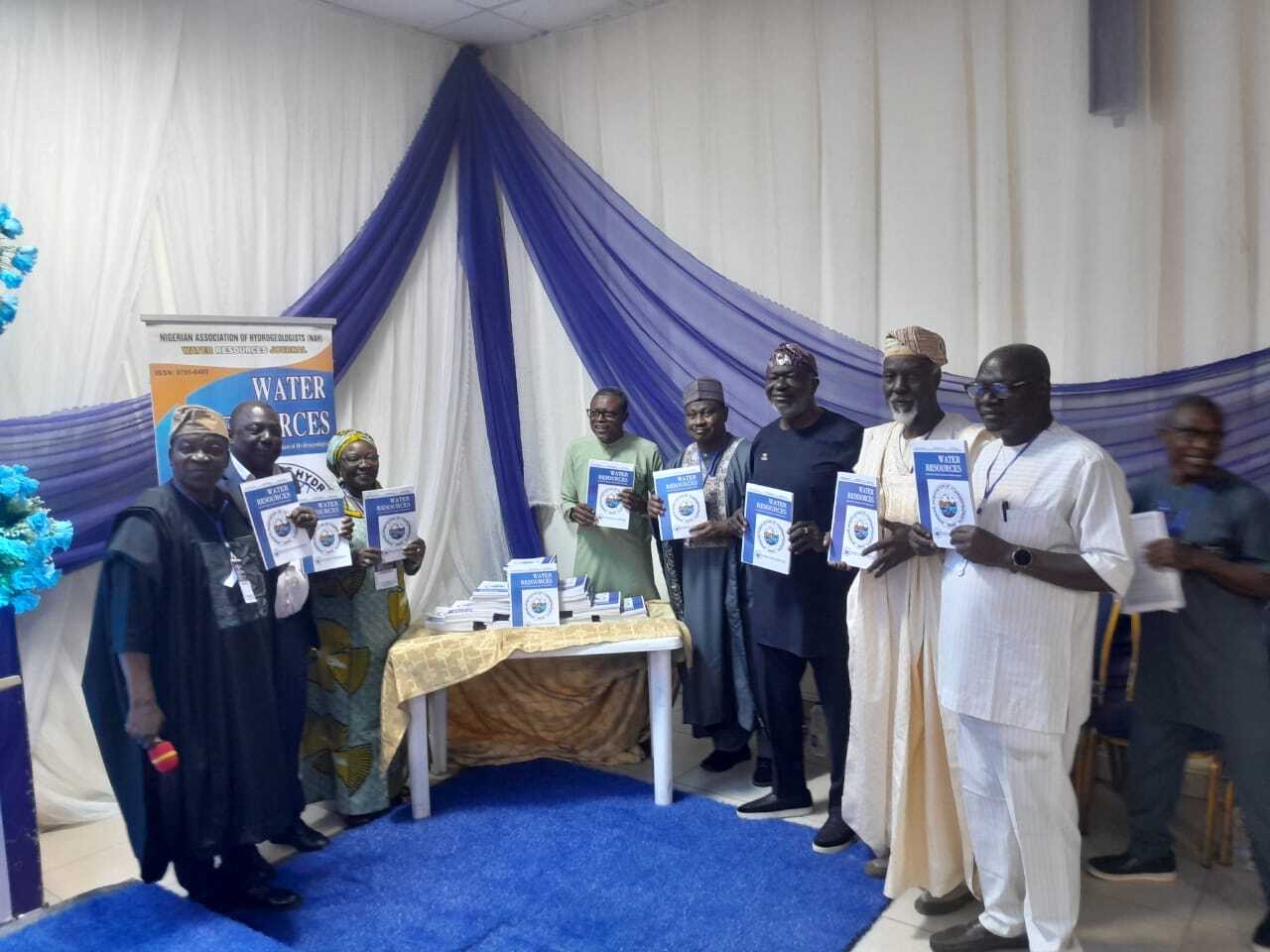 The importance of robust telecommunication infrastructure cannot be overstated, especially in Nigeria, where mobile technology serves as a lifeline for millions. The sustainability of this infrastructure is critical for driving economic growth and improving the quality of life for citizens. However, challenges in maintaining and enhancing this infrastructure are significant and multifaceted.
The importance of robust telecommunication infrastructure cannot be overstated, especially in Nigeria, where mobile technology serves as a lifeline for millions. The sustainability of this infrastructure is critical for driving economic growth and improving the quality of life for citizens. However, challenges in maintaining and enhancing this infrastructure are significant and multifaceted.
The rapid expansion of mobile networks has yielded both benefits and drawbacks. While millions of Nigerians now enjoy access to mobile services, this growth has often outpaced the infrastructure needed to support it. Many rural areas still lack adequate coverage, and urban centres frequently face congestion and service outages. A sustainable approach is essential to avoid leaving large segments of the population disconnected, which would hinder the country’s progress.
Achieving sustainability requires a focus on several key areas. Investment in renewable energy sources, such as solar power, can help power telecommunication towers, especially in remote areas where traditional power supply is unreliable. This not only ensures continuous service but also aligns with global efforts to combat climate change. Reducing reliance on fossil fuels will create a more resilient and environmentally friendly telecommunications network.
Regulatory frameworks must adapt to support innovation and sustainability in the telecommunications sector. Policymakers should encourage investments in infrastructure upgrades and expansion while ensuring that these developments are environmentally sustainable. Providing incentives for companies that prioritize eco-friendly practices and technologies can be a significant step forward.
Public-private partnerships can also play a pivotal role in fostering sustainable telecommunications infrastructure. By collaborating with local governments, telecommunications companies can leverage resources and expertise to address gaps in coverage and improve service delivery. This cooperation can lead to the development of more effective strategies for expanding access to underserved communities, which is crucial for fostering social equity.
Additionally, prioritizing education and training for the workforce in the telecommunications sector is essential. As technology evolves, equipping professionals with the skills needed to manage and maintain these systems is vital. A knowledgeable workforce will ensure that telecommunications infrastructure is not only functional but also capable of meeting future demands.
The sustainability of telecommunications infrastructure in Nigeria requires a holistic approach that includes investment in renewable energy, adaptive regulation, public-private partnerships, and workforce development. A more connected future hinges on access to reliable communication, which is a fundamental right that can empower individuals and transform communities.
Hassana Babawi Bulus is an experienced telecommunications professional with over a decade of expertise in managing large-scale projects. Specializing in SIM registration and regulatory compliance, she excels in stakeholder engagement and operational efficiency. Hassana has a proven ability to collaborate with government agencies and service providers to ensure seamless project execution.
Her skills in monitoring and evaluation provide strategic insights for optimizing performance in the telecommunications sector. Additionally, she is a member of the American Economic Association (AEA) and the Associate Member of the Institute of Chartered Economists of Nigeria (ICEN), further highlighting her commitment to advancing the field of economics within the telecommunications industry.






